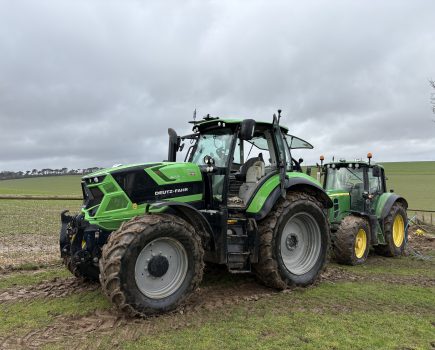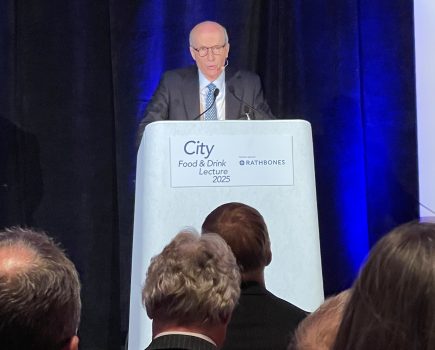I’ve not bought or even bid for any farmland for 20 years. Throughout those two decades I’ve been convinced it’s overpriced. Could I have been more wrong?
News comes to me through a land agent that, even with interest rates edging up and making mortgages more expensive, farmland values in the South East continue to spiral upwards to quite extraordinary levels. Even more surprisingly, it is arable land that seems to be leading the way, with the price of some blocks of bare land in our region edging over £25,000 an acre.
At the same time, land agents also tell me that rents for arable land are falling out of bed (see this column in South East Farmer last month) with bids received for farm business tenancies on some land tumbling down to £50 an acre in some cases.
How long can this disconnect between arable profitability and the value of arable land continue? Increasingly the answer to that question seems to be ‘indefinitely’. The price of wheat, relative to the cost of growing it, no longer seems to bear any relevance to what arable land is worth.
The implications of this for arable farmers are deeply disturbing. Short of winning the lottery or enjoying windfall profits from development land sales, we are shut out of buying land as we simply can’t afford it. Or, if a bank will support us to purchase land at wildly inflated prices, the investment becomes a speculative one that relies on land prices continuing to rise rather than a decision based on the economics of arable farming.
Why do arable land prices keep going up? It’s certainly not due to the price of wheat, so is it roll-over capital gains tax relief? But CGT is only 20%, so the incentive to roll over is not that great. Or is it agricultural property relief from inheritance tax? Then again, given the ability to make lifetime gifts of farmland free of inheritance tax this also seems unlikely.
Or is it the monies that are being offered for renewable energy sites or carbon offsetting or biodiversity net gain agreements that are driving land prices up to ever giddier heights? Probably all of these opportunities are playing a part, but the amounts being offered for these kinds of deals so far hardly seem to justify bare land prices of £25,000 an acre, particularly at a time when the BPS is rapidly being withdrawn. I’ve thought about it at length, but I remain perplexed.
How long non-farming incentives to buy arable acres will keep driving up land prices only time will tell. In the meantime, I try to take comfort from the land I bought many years ago. But every time I hear of another mind-boggling jump in prices, I curse my inability to move beyond seeing farmland as a ‘farming’ investment and see the much bigger picture.







